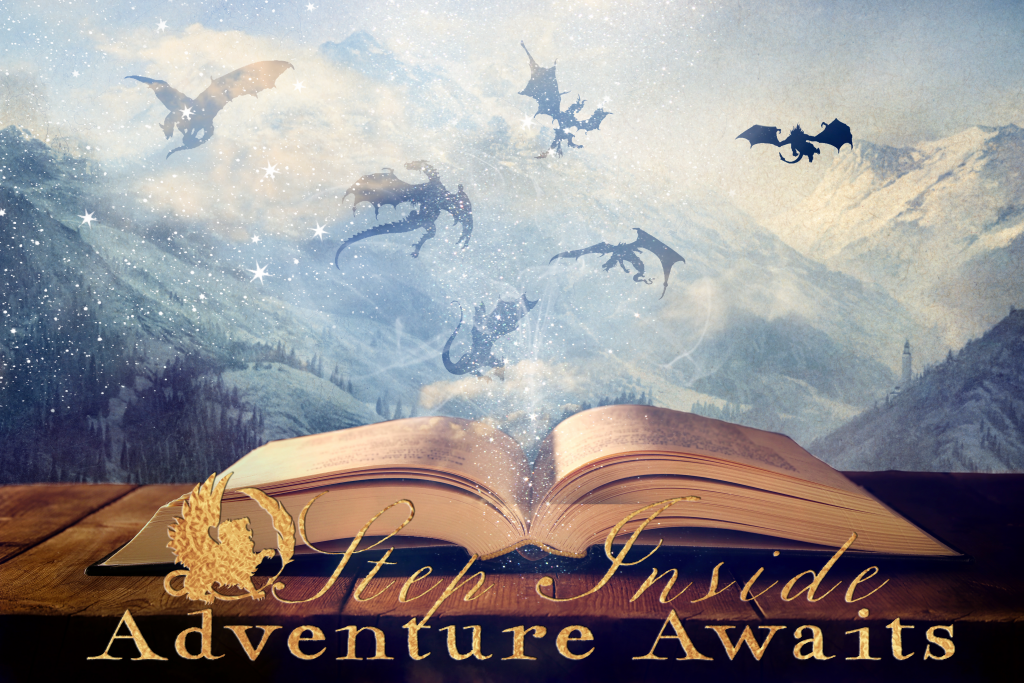Alexandria Burnham
I have always had an appetite for the big and sprawling. When I first became a writer, film as a story medium was my first love. But, by their nature, screenplays can only be as long as people can sit still, without needing to go to the bathroom, eat, stretch their legs, or sleep. A book, however, is engaged at the consensual pace of the reader. In a way, a book has no theoretical limits!
But a physical book likes to be the size of something we can hold comfortably and carry around with us. What is to be done when a story is too big to be held in the palm of our hands? A series, of course! I was drawn to the concept of the ongoing story, the evolution of plot and character over an author’s, and a reader’s, lifetime. I have always been enamored by long-form storytelling, and no genre does it better than fantasy.
Fantasy is the reason why I split my attention between writing for the screen and writing prose. In my mind, I have a clear dichotomy for which stories are ‘screenplays’ and which stories are ‘books’. I’d argue that fantasy is a genre native to prose. Film has its strengths over novels in some genres, but fantasy is not one of them. In fantasy, there is a personalization, a promise made, that as a reader you are about to share in an intimate creative exercise by imagining this world painted on the page with words. The detail and scope you must engage with will be larger than any other genre will ask of you. And with this two-way creative exercise comes a sense of ownership.
This required, vivid commitment from a reader is why I believe fantasy inspires such a passionate fanbase when compared to other genres. Fantasy can only exist through this two-way exchange of imagination: to grasp and comprehend what does not exist. There is something unique in the way a fantasy remains with me, inside my head and heart, for months and years after I consume it, and I can only speculate that it is because of the level of interaction, effort, and investment inherent in engaging it. People who share in this vibrant experience band together, creating another aspect of why fantasy is dear to me: the modern fandom.
But in no way does this imaginative play diminish what fantasy has to offer in terms of real-world impact and discussion. Fantasy (as well as sci-fi and all spec fic) as a tool, allows me to ask the ‘what ifs’ of human nature and society. Commentary on the now is achieved by pushing ideas to their extremes. Concepts and consequences can be explored through gripping and wonderous situations which simply do not exist in the everyday contemporary. At least for me, by doing away with the constraints of ‘real-world’ technology, culture, society, and environment, our characters can be pushed through a wider breadth of circumstance.
Big ideas, big engagement, and the biggest scope! This is the genre where the exceptional dwells and only that will sate my appetite.

